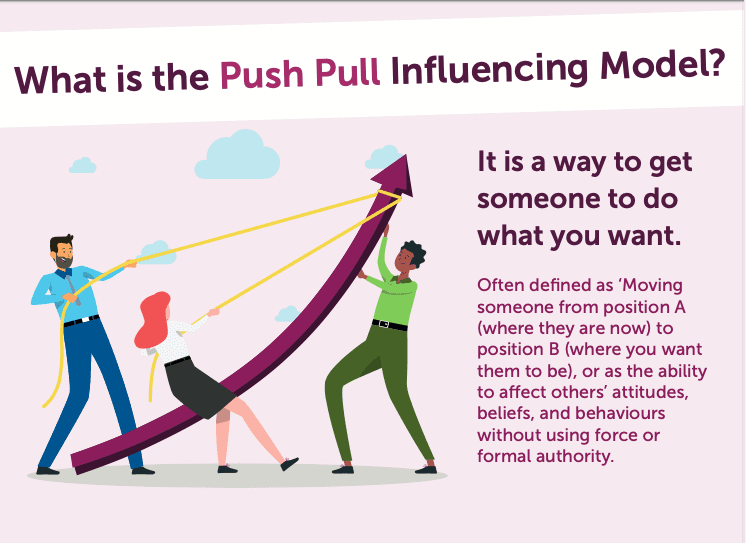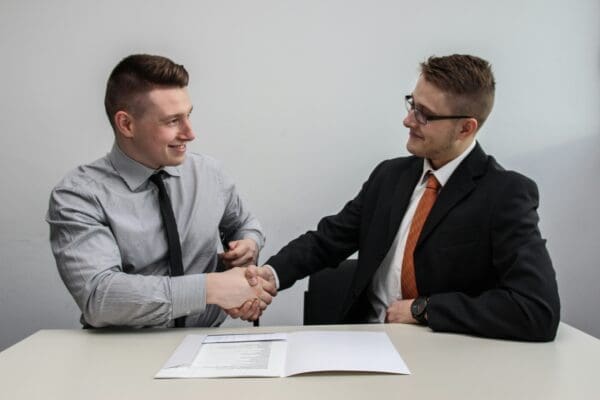‘How Are You?’
What Question Are You Asked When You Checkout of a Hotel?
With the pandemic hopefully in our rear-view mirror, I was again able to stay away in a hotel. A client meeting. The next morning checking out that question came, ‘Did you enjoy your stay, Sir?’. My reply, like most people’s, ‘Yes, good thanks’. The hotel has no interest in really knowing how my stay was. This is a question asked at every hotel checkout desk around the world, in every language, and has been asked for one hundred years. So, what’s the point? To be polite and there’s obviously nothing wrong with that. But let’s look at this another way…
You own a chain of hotels, and you really want to be the best hotel. We know that this question elicits no useful information, yet it could. We could ask the checkout staff to ask an open question. Open questions aren’t closed and therefore should generate more than just a yes, or a no. Therefore…
‘How was your stay, Sir?’
A better question. Though, I guess most people would answer something similar to the first question, with a reciprocating polite, ‘Good, thanks’. As the hotel owner, you are no further forward in gathering information that could help you to be the best hotel. Let’s try again but with an open and leading question…
‘How happy were you with your stay, Sir?’
We are leading the customer towards an answer with our leading word – ‘happy’. I suspect the answer will still struggle to achieve much beyond the original answer, though it might change to, ‘Happy, thanks.’ This next version uses an open question that is leading and now in the negative…
Do your learners come back from training and do nothing differently?Sticky Learning ® is 7 times more effective than 1-day training courses. Plus, you will get a Chain of Evidence proving your Return on Investment. Discover soft skills training that changes behaviours long term.
Get Started Now
‘What could we have done better, ‘Sir?’
This question would probably get some guests giving some information that could help us to improve our offer. The answers might be, ‘The shower was cold’, or ‘My room was too small’, or similar. All useful information to help us to be better. Now, let’s try the last version of our question using an open, leading, negative question, and now with some specifity…
‘What one thing could we have done better, ‘Sir?’
This final version gets more information because most guests would be able to name one thing that could be improved. Giving us vital information to be the best chain of hotels.

How Can We Apply This Thought Process to Employee Communication Strategies?
Many grand organisational development consultants have arrived at fabulous employee communication strategies. Values, strategies, mission statements, posters on the walls, town hall speeches, and alike. Yet employees mainly feel how they do about the communication from their business by how they are communicated with by their line manager. After all, we know that most people don’t leave their job, they leave their boss. Communication is a big part of that relationship.
- 1. How informed am I by my boss?
- 2. How empathetic is she?
- 3. How much does he care whether I do well, or not?
You could make an argument that it all comes down to that question, ‘How are you?’. When you ask me, do you really care? Or are you just checking me out of my hotel room? The advantage of this age-old question – how are you? – has over the checkout question of ‘Did you have a good stay?’, is that it is at least an open one. The problem is that the question has become one of politeness. Not a question seeking information but a greeting. Our challenge, as leaders is to treat this question the same as we would if owned the hotel chain because, after all, people are our greatest asset.
Unlike the hotel analogy, where we need to be more process-driven because 100 checkout staff need to ask a similar question to get the information we want, with our team we can be more ‘horses for courses’. We’ll know some of our people better than others and so we can adapt the question accordingly. Either way, in this age of mental health awareness, a good how are you type question can really help us to understand someone’s mental health state.
Let’s Have a Look at Some Examples

- ‘How is your week?’ – By asking about a specific time period we might get our team members to open up a little on something that has happened this week. ‘How is your day?’ – A similar version.
- What’s on your mind?’ – This tends to give the person license to say what they are thinking, and they usually do.
- ‘How are you coping?’ – An open and leading question in the negative because we are using ‘coping’, which is usually associated with not coping. A good question because the answer will likely be that they are coping and then they’ll open up with something they need help with. A similar question is, ‘How are you holding up?’.
- ‘What can I help you with?’ – A good question because as a manager we want to be removing the barriers that stop our people from being productive. A further version, coming back to our hotel story would be to ask, ‘What 1 thing can I help you with?’.
- ‘How are you feeling?’ – I find that this question gets a similar response to ‘How are you?’, as people don’t normally want to share their feelings at work without some coercion.
- ‘How are you doing?’ – This might get a better response than ‘How are you?’.
- ‘How are you feeling about work?’ – A very specific question inviting your employee to tell you about their workload.
You Go First
One of the most successful influencing techniques is the push/pull model. In essence, it is about using a particular influencing technique for the situation. Pushing is about sharing what is in your head, what’s on your mind, ideas you have, thoughts on the topic, etc. Pulling is about asking lots of questions and encouraging the other person to open up and share what they think and feel.
Both techniques are valid, to push or to pull. Each of us has a default and at times we need to use the other influencing technique more in certain situations. So, if we push a lot, we need to pull a bit more, and vice versa. Asking ‘How are you?’, or better versions of that question is pulling and a valid influencing technique. Sometimes, we might get more from the person if we push first. For example, ‘My week has been tough because that client xyz has been really demanding. How is your week?’. By pushing a little first, sharing what we are feeling, we invite the other person to share more of themselves.
Sometimes we need to pull, and sometimes we need to push. The graphic below extends and is high resolution when you click on the image to open it into a new tab:

Summarising ‘How are You?’
Let’s upgrade this age-old polite greeting to something more useful. Upgrade it to a question that will help us to understand our people better, improve our communication and most importantly, to support our people to be the very best that they can be.
Written by Darren A. Smith for hr.com and can be seen on their website.




